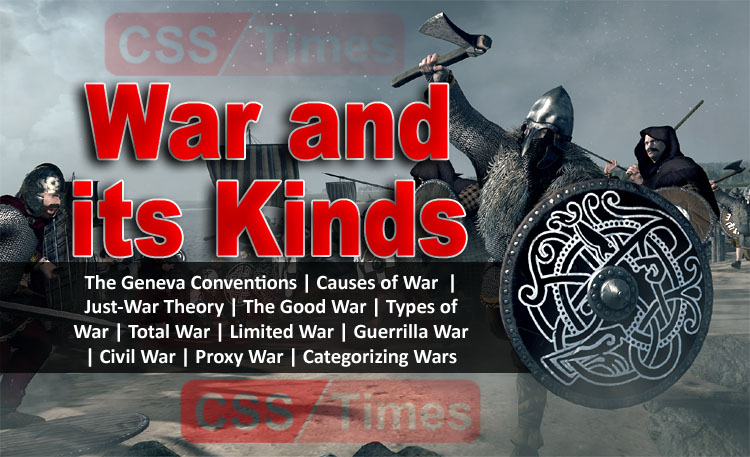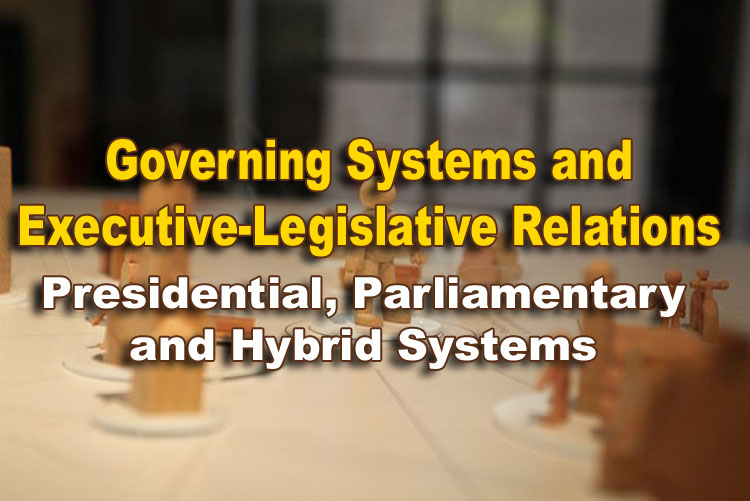Conceptual Issues: Social Change, Development and Evolution
Of all the phenomena which are of interest to sociologists, social change is perhaps the most elusive and therefore the most given to speculative debates. That is, closely related phenomena like development and evolution are not as problematic as the concept social change when it comes to the question of definition. This is because, looking at the various definitions of social change, considerable diversity of opinions exist amongst scholars even with respect to such formal questions as what constitutes the logical subject of social change, and what are its temporal and spatial dimensions? It is, however, interesting to note that some people identify the subject matter of social change with the entire field of sociology, arguing that social life is life and therefore changes.









